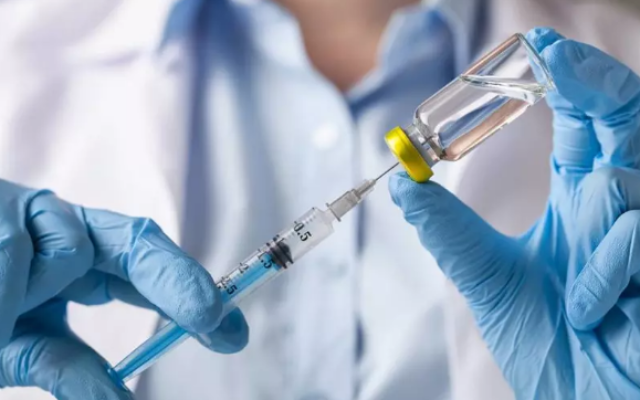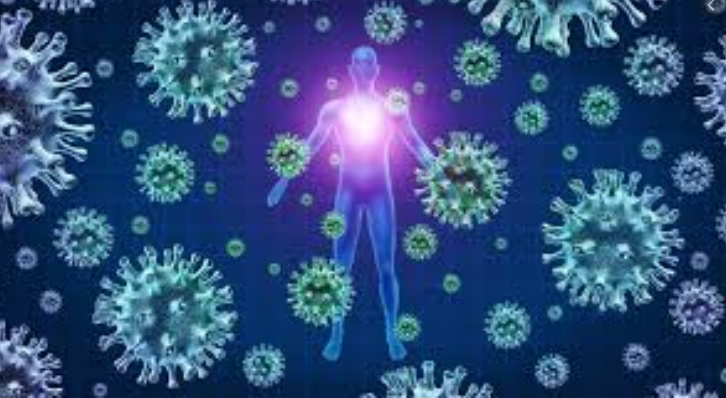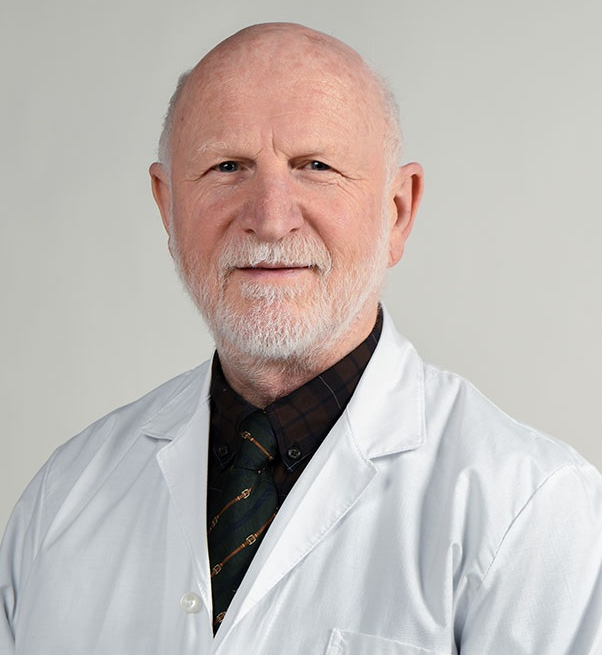Is a COVID Vaccine Coming This Fall?
Despite success in Emory University trials, big questions still remain.

It’s been over four months since a small group of volunteers rolled up their sleeves at Emory University to get the nation’s first experimental vaccinations against the COVID-19 virus.
The results of these early tests at Emory, among the world’s first to include human subjects, were considered a success. According to a research study published July 14 in The New England Journal of Medicine, the vaccine developed by Moderna, Inc. produced what are called neutralizing antibodies in the blood in quantities comparable to levels of people who have survived a COVID-19 infection.
The results were described as “very encouraging” by Dr. Evan Anderson, who led the study at Emory,
“While there is still a lot of work to do before we have a vaccine that is proven to be safe and effective against COVID-19, this study provides critical information about the safety of the vaccine.”
Based on recent statistics from the World Health Organization, there are 165 coronavirus vaccines being developed and 27 of them are being tested on humans.
The Emory test results were considered a big step forward for researchers at the National Institutes of Health who helped develop the vaccine. Dr. Anthony Fauci the nation’s top infectious disease specialist at NIH, was enthusiastic.
“No matter how you slice this,” he told the Associated Press, “this is good news.”
On July 16, Fauci admitted in an interview with Mark Zuckerberg, the founder of Facebook, that he was “cautiously optimistic” that vaccine testing could rapidly move ahead.
“If everything works out the way we hope and we don’t get any unpredictable potholes or bumps in the road, we should know as we get into the mid-to-late fall — early winter, but probably late fall — whether we have candidates that really are safe and effective.”
Scientists at the Moderna firm were equally optimistic of what they call their mRNA 1273 vaccine that was tested at Emory.
In a prepared statement, Moderna’s Chief Medical Officer Dr. Tal Zaks indicated that the clinical results paved the way for the company to expand human trials to 30,000 volunteers beginning July 27. It is considered to be the world’s largest human study so far.
The phase one data shows that vaccination with mRNA 1273 “elicits a robust immune response across all dose levels,” he said.
Zaks, an Israeli doctor who received his Ph.D. at the Ben-Gurion University of the Negev, was hopeful about receiving early approval from the Food and Drug Administration. But said there could still be many obstacles to success.
Other potential vaccine candidates from Britain’s University of Oxford, Johnson & Johnson in the U.S. and several in China will soon begin or have already begun final phase three trials.
Dr. Allon Moses is director of the Hadassah Medical Center’s Department of Clinical Microbiology and Infectious Diseases in Jerusalem and one of Israel’s leading medical authorities.

Despite all this clinical work, Dr. Allon maintains, important questions have yet to be answered.
“The more we do, the more questions come up. Like do antibodies persist? Is there lasting immunity. These are questions we don’t know. There’s more and more data that shows there is a decline in the type of antibodies over time. Does this mean that there is a decline in immunity?”
He believes that creating antibodies to the virus may just be part of the answer to protecting individuals from the disease.
“With the coronavirus, immunity is not only through antibodies, but also through cellular means. T cells, which are produced in the body, play an important role in immunity. So we’re not dependent only on antibody levels.”
The importance of T cells in the development of COVID -19 infections are continuing to be explored at Emory’s vaccine center, where the NIH recently renewed a seven-year $20 million program to continue the research program.
There are also other important voices in the U.S., which are urging a slower, most systematic approach.
The CEO of one of Americas largest pharmaceutical companies, Ken Frazier, told an interviewer from the Harvard Business School July 13 that vaccines under development may not work. Frazier, head of Merck & Co., said that those who are predicting a vaccine before year’s end are doing “a grave disservice to the public.”
“If you’re going to use a vaccine on billions of people, you better know what that vaccine does.”
Merck, which is also exploring its own candidates for a potential vaccine for COVID-19, acquired a European vaccine manufacturer in May.
Frazier pointed out in the Harvard interview that “we have to be very careful.” Some previous vaccines “not only didn’t confer protection, but actually helped the virus invade the cell, because it was incomplete in terms of its immunogenic properties.
“I think at the end of the day, we don’t want to rush the vaccine before we’ve done rigorous science. We’ve seen in the past, for example, with the swine flu, that that vaccine did more harm than good.”
Dr. Allon agreed that moving too quickly isn’t always the best strategy for developing a vaccine.
“You need to test for efficacy, not just for the short term, but also for long term. And you may need to boost the dosage. You may need to have two doses, four doses, yearly doses. I mean, all of this takes time and you can make mistakes.”
Despite the cautions and the complexity of the problem, Allon remains optimistic about a COVID-19 vaccine breakthrough, though he is reluctant to make any predictions.
“My optimism is based on my knowledge, the ability of science to develop a vaccine is where my optimism come from. I think it’s doable.”
- COVID-19
- Emory University
- The New England Journal of Medicine
- Moderna
- Dr. Evan Anderson
- World Health Organization
- Dr. Anthony Fauci
- Mark Zuckerberg
- Dr. Tal Zaks
- Ben-Gurion University
- Food and Drug Administration
- University of Oxford
- Dr. Allon Moses
- Hadassah Medical Center’s Department of Clinical Microbiology and Infectious Diseases
- Ken Frazier
- Harvard Business School
- Merck & Co.
- News
- Coronavirus




comments